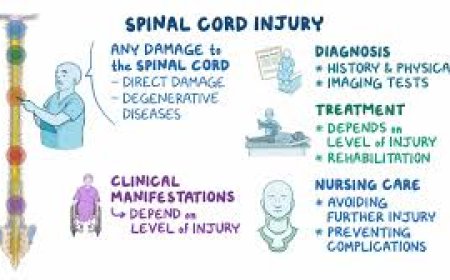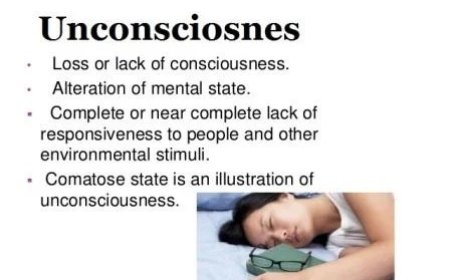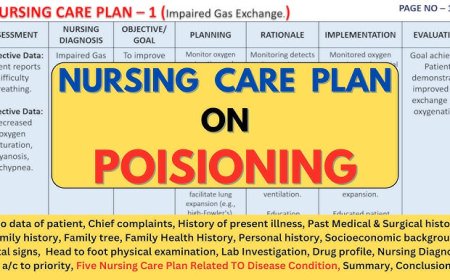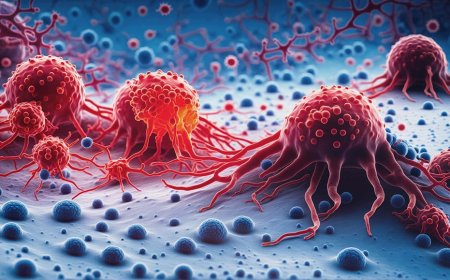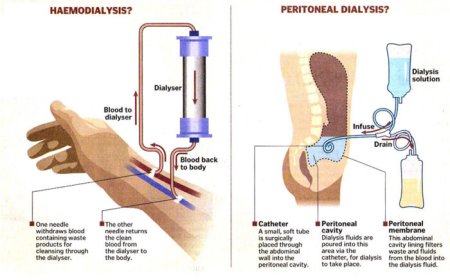What Are the Reasons Why People Reach the Dialysis Phase?
H1, H2, H3
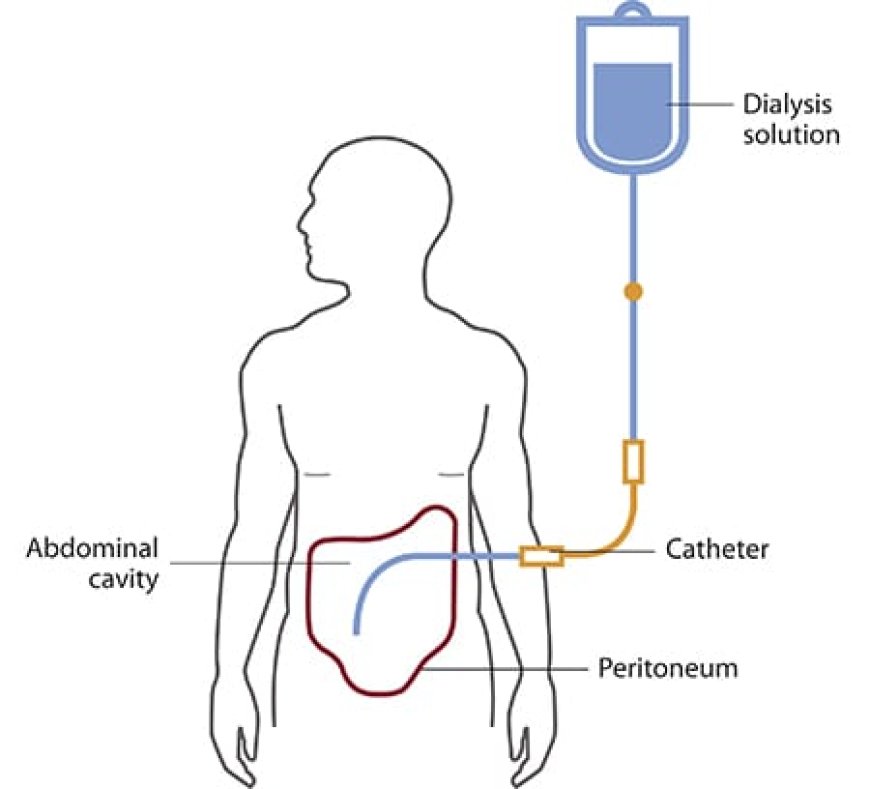
What Are the Reasons Why People Reach the Dialysis Phase?
When kidneys fail to function properly, patients often require kidney dialysis to help remove waste, toxins, and excess fluids from the body. Dialysis is a life-saving treatment for individuals whose kidneys are no longer able to perform their natural functions. But what leads people to reach the dialysis phase? Let’s explore the most common causes and risk factors.
1. Chronic Kidney Disease (CKD)
The most common reason patients require kidney dialysis is chronic kidney disease. CKD is a long-term condition where the kidneys gradually lose their ability to filter blood. Over time, as kidney function drops below 15%, dialysis becomes necessary to keep the body in balance.
Contributing factors to CKD include:
-
Diabetes – High blood sugar damages the kidneys over time.
-
Hypertension (High Blood Pressure) – Consistently high pressure harms the kidney blood vessels.
-
Glomerulonephritis – Inflammation of the kidney’s filtering units.
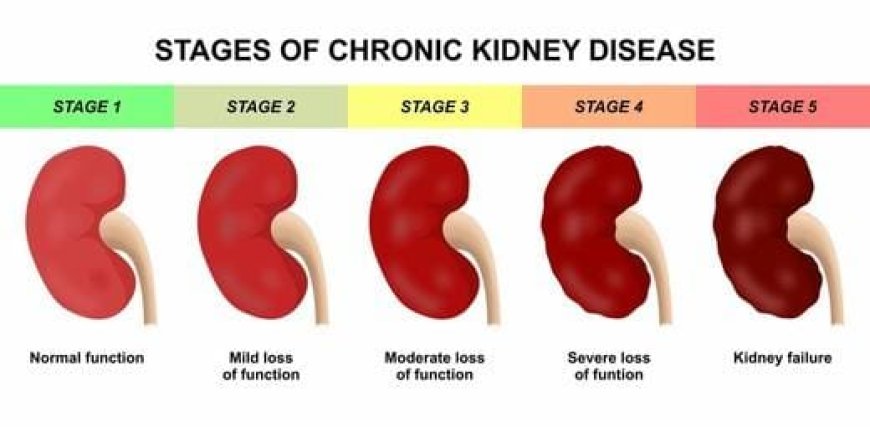
2. Uncontrolled Diabetes
Diabetic nephropathy is a leading cause of kidney failure. High blood sugar levels damage the small blood vessels in the kidneys, reducing their filtering ability. Without proper management, this condition progresses to end-stage renal disease (ESRD), requiring kidney dialysis or transplant.
3. High Blood Pressure (Hypertension)
Hypertension damages the blood vessels and filtering units of the kidneys. Over time, uncontrolled high blood pressure can scar the kidneys, leading to decreased function and ultimately dialysis dependency.
4. Polycystic Kidney Disease (PKD)
This genetic condition causes fluid-filled cysts to grow in the kidneys, impairing their function. As cysts enlarge, kidney tissue gets damaged, eventually leading to kidney failure and the need for kidney dialysis.
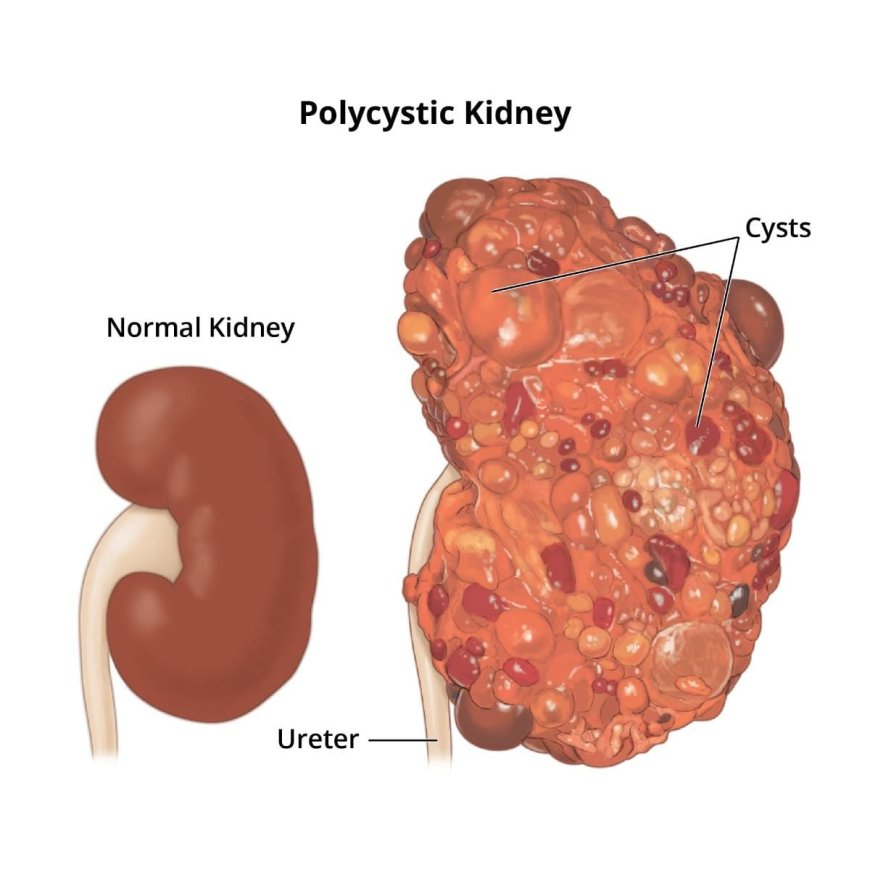
5. Acute Kidney Injury (AKI)
Unlike CKD, acute kidney injury occurs suddenly—often due to severe infection, dehydration, injury, or certain medications. If the kidneys don’t recover, patients may temporarily or permanently require dialysis.
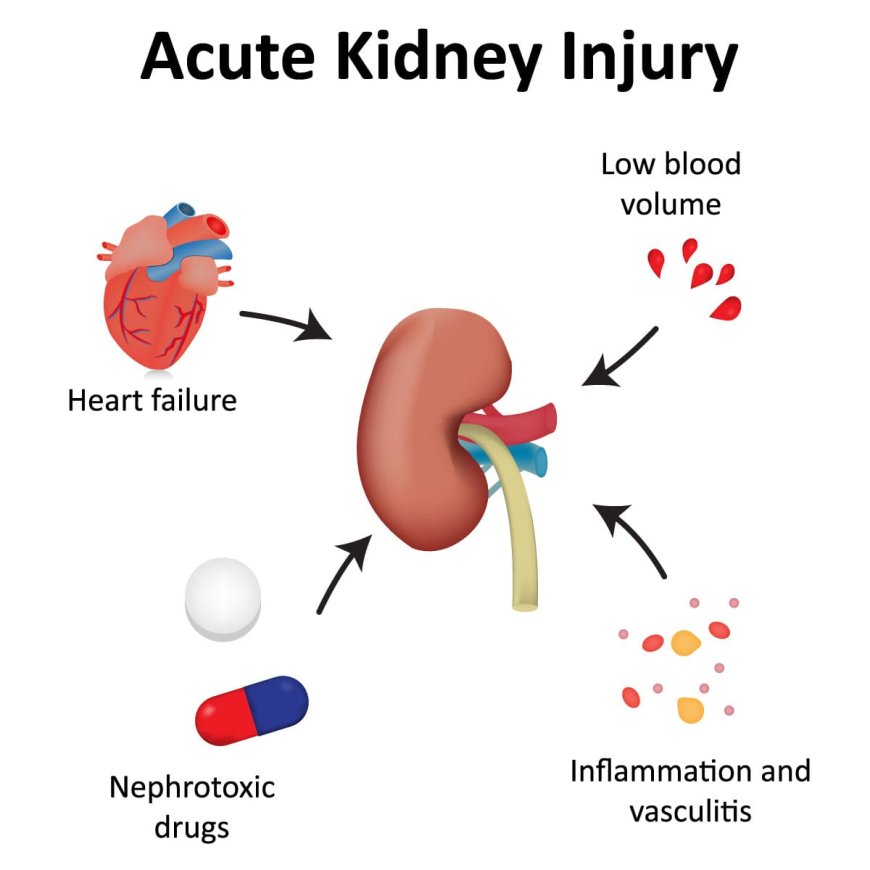
6. Autoimmune Diseases
Diseases like lupus or IgA nephropathy can attack kidney tissues, gradually leading to kidney failure. When medical management fails to preserve kidney function, kidney dialysis becomes necessary.
7. Recurrent Urinary Tract Infections or Obstructions
Chronic infections, kidney stones, or urinary blockages can damage the kidneys. If untreated, these issues may progress to end-stage kidney disease requiring dialysis.
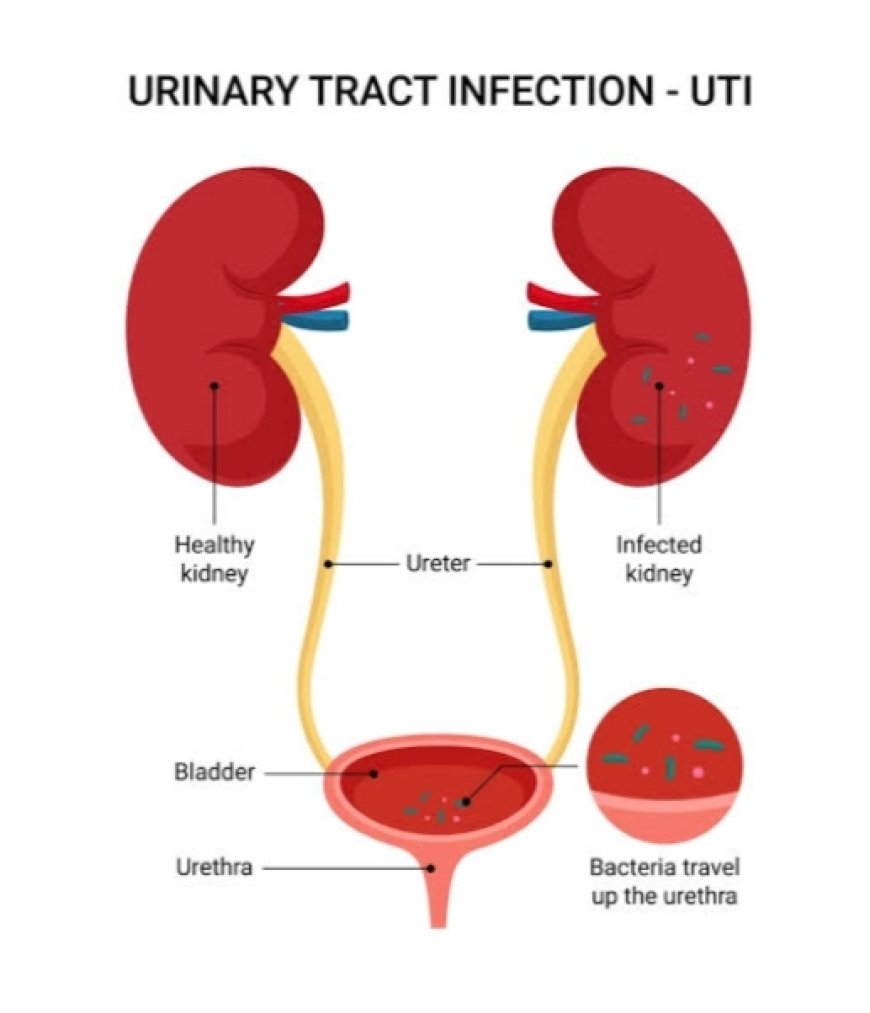
Final Thoughts
Reaching the dialysis phase is often the result of progressive damage caused by chronic diseases like diabetes, hypertension, or genetic conditions. Preventive care, regular check-ups, and lifestyle changes can help slow kidney damage and delay the need for kidney dialysis.
If you or a loved one is at risk, it’s essential to consult a nephrologist early and take proactive steps to protect kidney health.
What's Your Reaction?
 Like
0
Like
0
 Dislike
0
Dislike
0
 Love
0
Love
0
 Funny
0
Funny
0
 Angry
0
Angry
0
 Sad
0
Sad
0
 Wow
0
Wow
0

